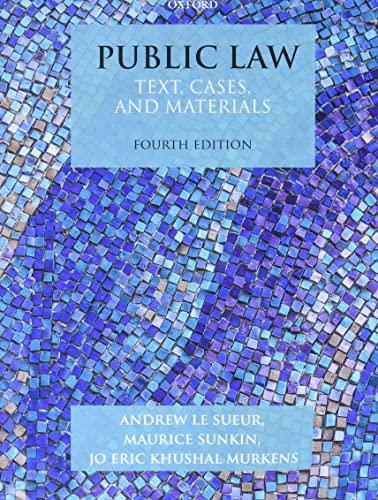
accommodating a religious practice. CASE 19.3 U.S. SUPREME COURT CASE Religious Accommodation Equal Employment Opportunity Commission v. Abercrombie & Fitch Stores, Inc. 135 S.Ct. 2028, 2015 U.S. Lexis 3718 (2015) Supreme Court of the United States "Title VII requires otherwise-neutral policies to give Language of the U.S. Supreme Court way to the need for an accommodation." -Scalia, Justice Abercrombie's primary argument is that an applicant cannot show disparate treat- ment without first showing that an employer Facts has actual knowledge of the applicant's Abercrombie & Fitch Stores, Inc. operates clothing need for an accommodation. We disagree. stores. Consistent with the image Abercrombie seeks An employer who acts with the motive of to project, the company imposes a Look Policy that avoiding accommodation may violate Title governs its employees' dress. The Look Policy prohib VII even if he has no more than an unsub- its "caps"-a term the Policy does not define-as too stantiated suspicion that accommodation informal for Abercrombie's desired image. Samantha would be needed. An employer is surely Elauf is a practicing Muslim who, consistent with her entitled to have a no-headwear policy as understanding of her religion's requirements, wears a an ordinary matter. But when an applicant headscarf. She applied for a position in an Abercrombie requires an accommodation as an aspect store, and was interviewed by the store's assistant of religious practice, it is no response that manager, who gave Elauf a rating that qualified her to he subsequent failure to hire was due to an be hired. Elauf did not inform Abercrombie that she otherwise-neutral policy. Title VII requires required a religious accommodation. Abercrombie's otherwise-neutrai policies to give way to the district manager stated that Elauf's headscarf would need for an accommodation. violate the Look Policy, as would other headwear, religious or otherwise, and refused to hire Elauf. The Decision Equal Employment Opportunity Commission (EEOC) The U.S. Supreme Court held that Title VII applies sued Abercrombie on Elauf's behalf, claiming that even when an applicant has not informed the its refusal to hire Elauf violated Title VII. The U.S. employer of the need for an accommodation. The district court granted the EEOC summary judgment Supreme Court reversed the U.S. court of appeals' on the issue of liability and awarded $20,000 in dam- grant of summary judgment to Abercrombie and ages. The U.S. court of appeals reversed and awarded remanded the case for further proceedings. Abercrombie summary judgment. The EEOC appealed Critical Legal Thinking Questions to the U.S. Supreme Court. What is a reasonable accommodation? Do you think that Abercrombie could make an accommodation in this case Issue without causing an undue hardship? Does Title VII apply only when an applicant has informed an employer of her need for an accommodation








